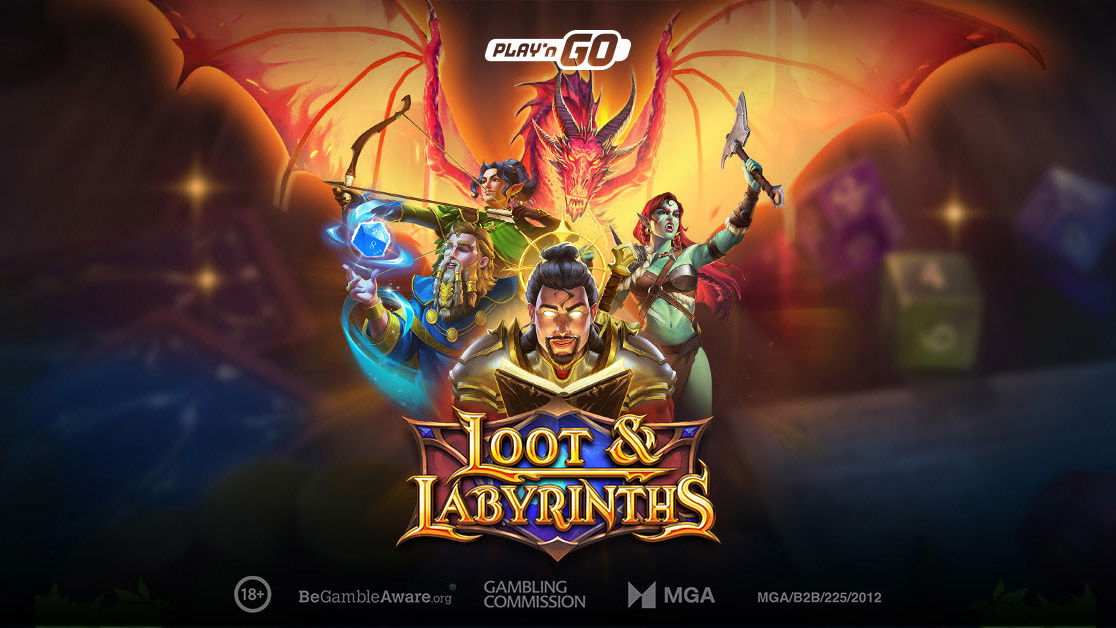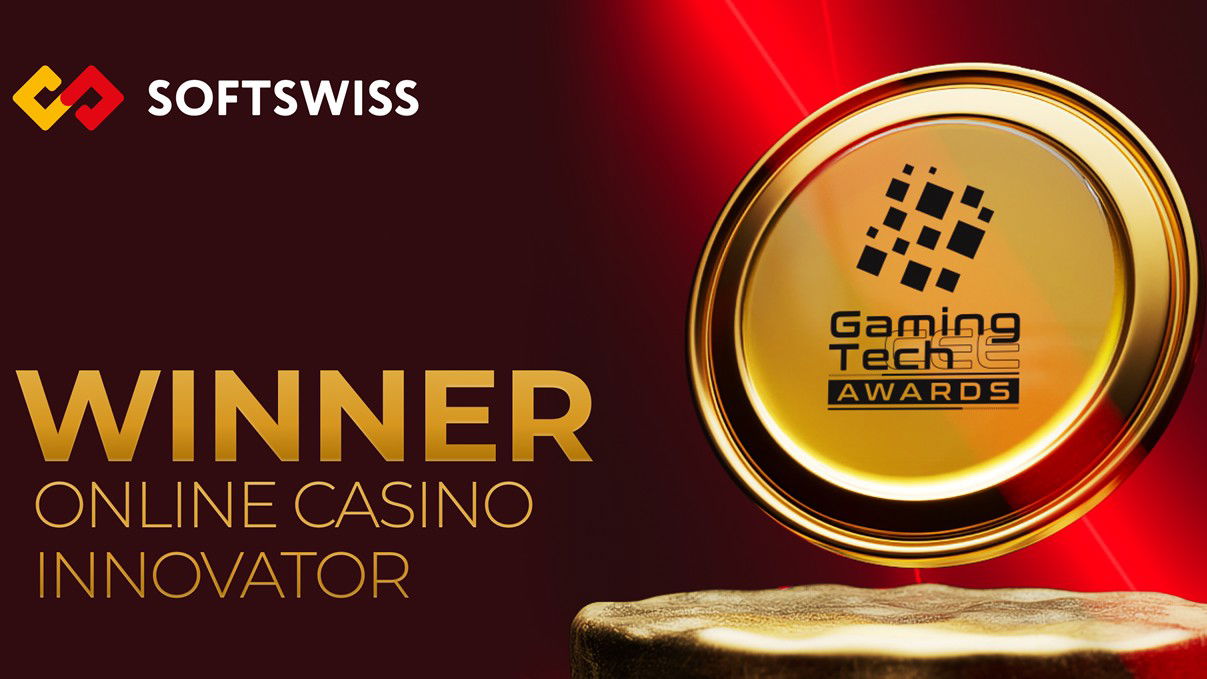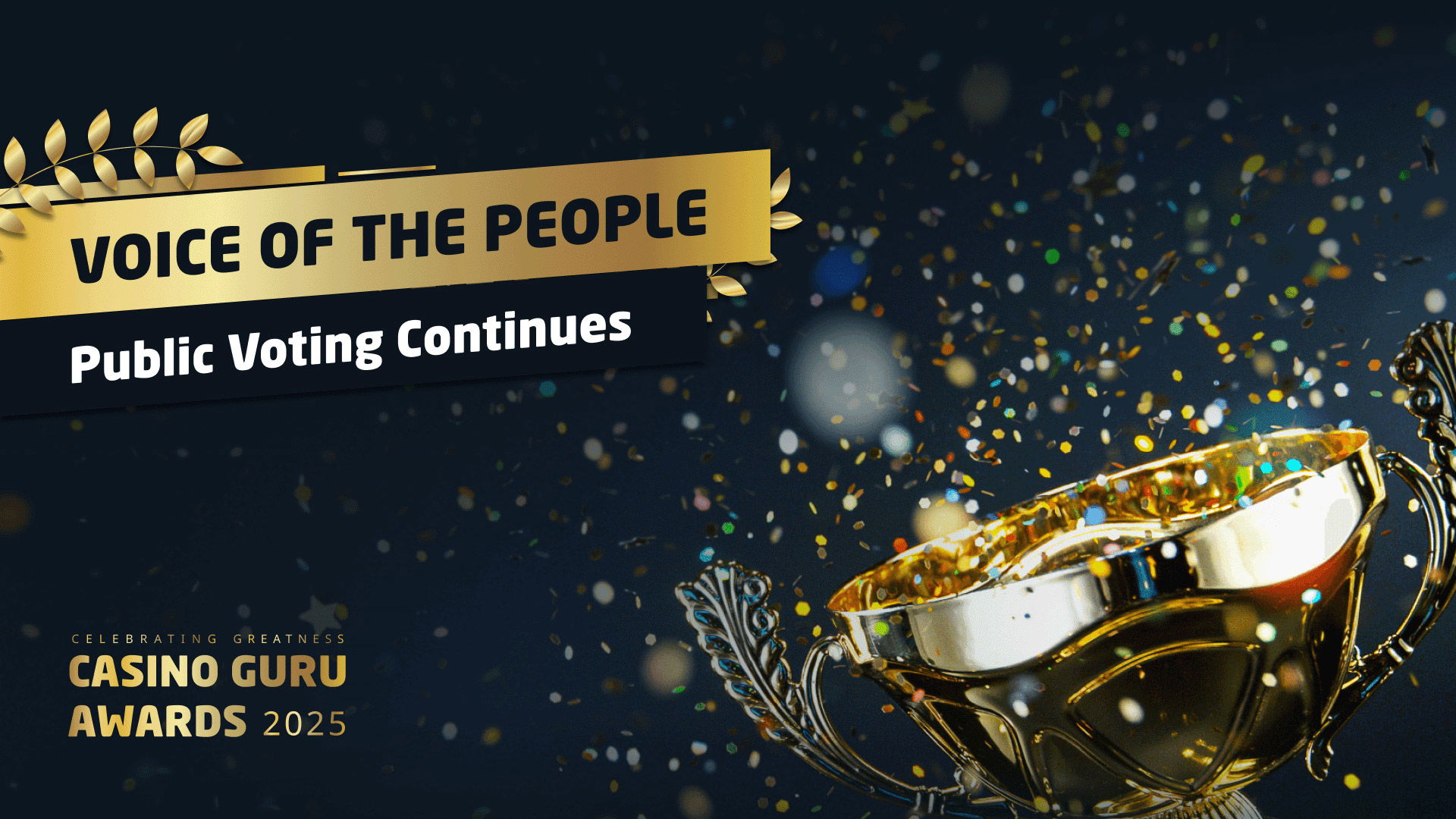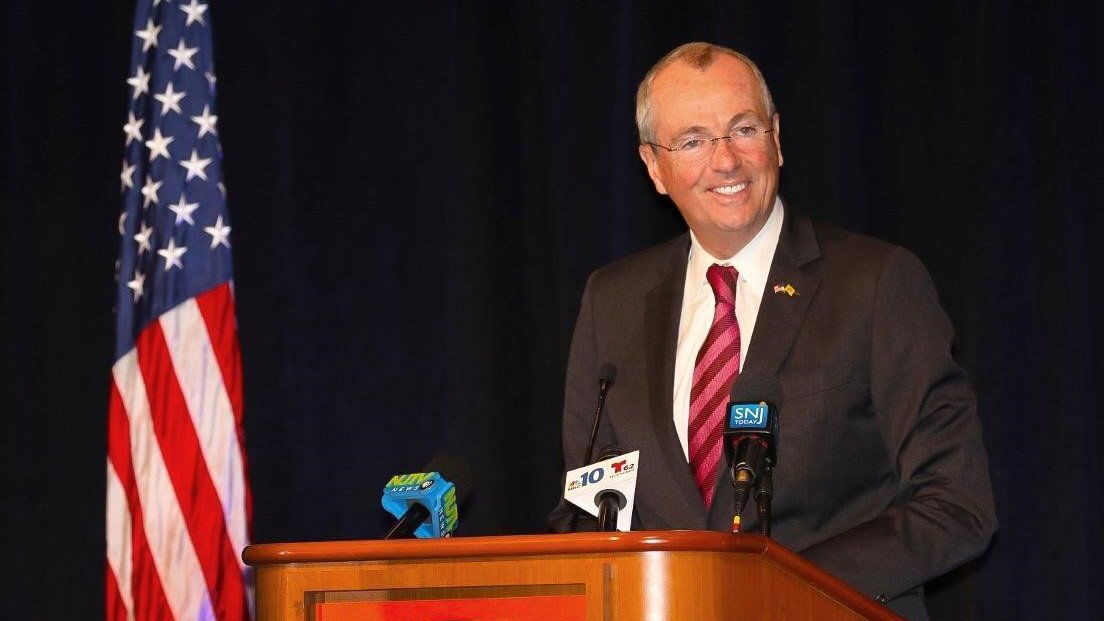"Blockchain casinos still have a lot of potential since regulators have interests in solutions based on this technology"

As the gaming industry changes, so must do companies within the sector should they seek to keep up with the pace. Throughout time, Slotegrator has proved it is up to the task: new partnerships have been signed, a sportsbook product is now live, and the iGaming solutions provider has been at the forefront of innovation, extending its footing to emerging trends, such as Telegram casino.
"I’d say Slotegrator is a highly successful company with widespread recognition throughout the industry," reflects Yury Filipchanka, Managing Director at Slotegrator, in conversation with Yogonet. In an exclusive interview, the executive explains latest partnerships and launches, plus a new rebranding, debuted at the start of the year.
Filipchanka also details plans for the company's sportsbook product and discusses new technologies in the iGaming industry and their potential, including blockchain and augmented reality. He also discusses challenges amid an always-evolving industry, and opportunities in emerging markets, such as Latam ones.
Since our last interview with the company, Slotegrator has signed a number of distribution agreements, further integrating studios’ catalogs to its APIgrator solution. What key factors does the company consider when partnering with studios? What sort of iGaming products are Slotegrator’s casino partners seeking at the moment?
It’s quite simple: our goal is to cooperate with the world’s leading producers of online casino content, and recently we’ve been doing very well on that front. All of us recognize that the key figure in our industry is the player.
What does the player want? He wants to make choices, and he wants good options to choose from. Plenty of casino players are interested in novelty — new slots they haven’t played before and new mechanics and features in their favorite games.
Content creators all know this, so competition is higher than ever, with game development studios constantly serving up new titles and fresh takes on classics. Competitive price and quality content are the main criteria for these partners.
As to the second part of the question, our clients are interested in giving their players as many choices as possible. Classic slots are one of the main products of online casinos, but there’s also growing interest in live casinos, as well as other RNG-based games.
If an operator has a large pool of sports bettors, products like virtual sports can potentially be very effective in cross-selling them casino games. Another thing to keep an eye on is the growing interest in gamification mechanics.

Near the end of 2021, Slotegrator hosted a webinar on Telegram as a platform for mobile casinos, a relatively new trend. What benefits does this solution bring to iGaming projects and how does it differentiate from classic online casino offerings?
This is pretty standard in the evolution of any digital product that began its development during the early days of the internet. The early phases were dominated by desktop versions, of course, but with the advances in mobile devices, native apps and mobile versions are increasingly dominating the iGaming landscape. Now consumers will find themselves thinking, for example, I already spend half my time on Telegram, if I can use it to play casino games, why not?
From the operator’s point of view, Telegram Casino is another way of satisfying players’ needs, through the lens of both acquisition and retention; it’s a widely available and highly effective means of delivering content to the player. Part of the industry’s rapid development is the ability to constantly produce innovations like this one.
Last November, the company debuted its new sportsbook product: Sportegrator, a solution to provide statistics, odd and data feeds. What should we expect from the product this year? As we see upward trends for esports, how does Slotegrator plan to engage with this market within its solution?
Our sportsbook product is a highly functional solution for all of the problems that sportsbook operators might face. For the next year, we’re planning to develop the product even further and add new features.
You’re right to point out the rapid growth of esports. That’s one of the trends we’ve been keeping tabs on — pandemic lockdowns have definitely provided growth opportunities for products that were previously considered to be sideshows when compared to traditional sports betting.

The company has recently released an ebook detailing gaming in Latin American markets. What opportunities do these countries offer to iGaming entrepreneurs and what should we expect from these markets in the near future? How hard is it, at the moment, to establish a presence within them and sort out regulatory requirements?
Generally speaking, Latin America is home to several emerging, newly legal markets. Their rapid growth and digitalization make them a great opportunity for operators to step up and meet the demand. It also means that in some cases, regulators are learning as they go when it comes to things like advertising restrictions and licensing procedures, though on the whole, the situation is definitely improving.
Entering the market is easier in some countries than in others, but operators who are willing to jump through a few hoops can expect the rewards of getting established in a growing market driven by a booming economy. So, overall, we are very optimistic.
Slotegrator started this year with a brand new visual identity. What prompted this rebranding and what does it convey? As the company moves forward, changing over time and expanding, how would you assess its history thus far?
The rebranding definitely wasn’t just a trivial decision. The company has definitely evolved since our initial branding; our products have improved, our goals have gotten bigger, and we’ve all grown, so we decided it was time for our visual component reflected these changes.
When it comes to our public image, I’d say Slotegrator is a highly successful company with widespread recognition throughout the industry, a large and talented team, constantly developing products, and reliable partners. We’ve definitely earned some respect, thanks to years of work on the part of our team.
A few things could have gone better at first, but we’ve definitely learned from our mistakes, and been the better for it. To be honest, though, I don’t dwell too much on the past, because progress is about moving forward.
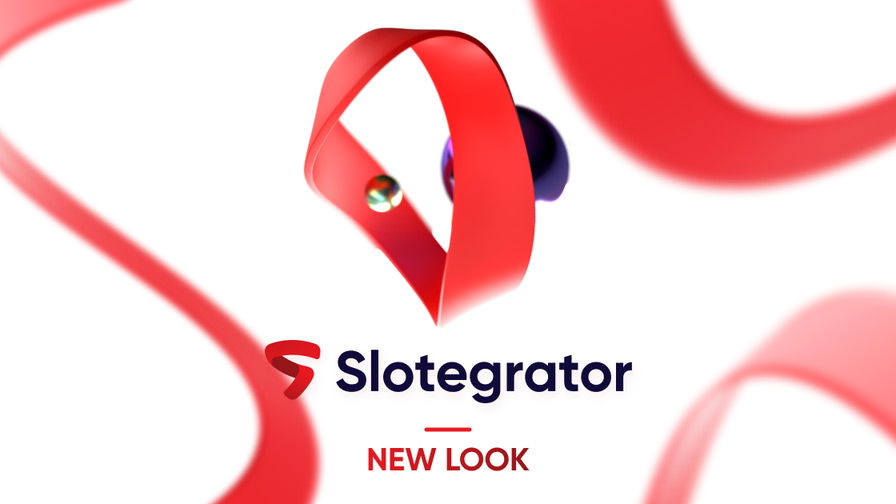
While the industry has thus far mostly focused on crypto as payment options, blockchain technology can also be used to create products, such as NFT-based games. Will we see blockchain gaming gaining momentum this year? And do you believe extended realities and the metaverse could play a role in gaming in the near future?
I have to say that this year, neither blockchain solutions nor augmented reality technologies will become mass-produced. "Blockchain casinos still have a lot of potential, though, because regulators have interests in solutions based on this technology."
Expanded reality is a new phase, just not yet for iGaming, not in the near future. However, in time, this area will expand and the scope of our industry's audience will increase.
As new products enter the market and iGaming gains popularity, regulation is moving fast, often imposing a challenge to operators. What do you expect in this regard for this year and what should operators take into account in terms of compliance and industry practices? What role do you expect the pandemic to play within the industry in 2022, and how will it affect the gambling landscape?
Many new regulations, and industry practices along with them, are now centering around the flow of finances and responsible gaming. Unfortunately, a lot of them reflect authorities’ desire for increased control.
Another negative factor is that the regulatory requirements often can’t keep up with developments in the industry or advancements in technology. This means operators can run into difficulties when releasing new features or mechanics, or when trying to launch external promotional campaigns in a timely manner. The only way to deal with these challenges is to take them into account and keep them in mind while planning ahead for what repercussions they might have.
As for what impact the pandemic will have on the market this year… In my opinion, the main impact is already behind us, taking place over the last two years. Operators adjusted their interfaces and products. Content providers adjusted to customer demands.
If you remember, the lockdowns that led to the cancellation or postponement of almost all sporting events led to a massive surge in esports and virtual sports betting. Many sports betting operators shuttered their betting shops and moved almost entirely online.
This has shaped the new gambling landscape; we’ll see the impacts of these adaptations for years to come. Things won’t magically return to the way they were before, especially given how the industry was largely migrating online anyway.




